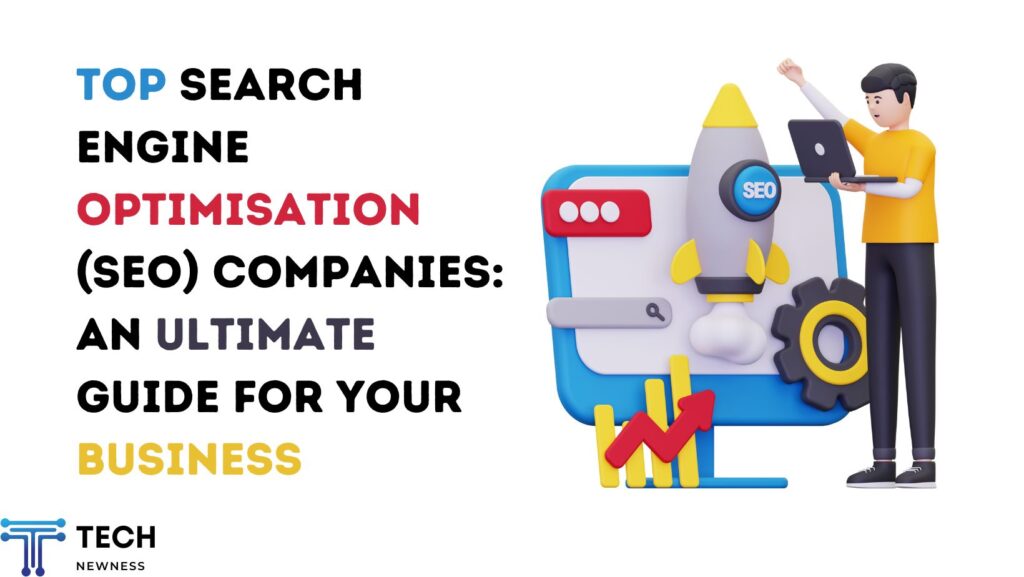In today’s digital age, businesses need to understand their customers to create more effective marketing campaigns. Customer data enrichment is the process of enhancing existing customer information with additional details, allowing companies to better understand their audience. This enriched data helps businesses tailor their marketing efforts, making them more personalized and relevant.
Table of Contents
Understanding the Basics of Data Enrichment
Data enrichment involves adding more information to existing customer profiles. This can include demographic details, such as age, location, and income level, as well as behavioral data, like past purchases and browsing habits. By enriching their data, companies gain a complete picture of their customers and what they want. This comprehensive view helps businesses move beyond generic marketing and deliver messages that resonate with individual customers. Understanding the basics of this process is the first step in creating effective, personalized marketing strategies.
Why Personalization Matters in Marketing

Personalization is a crucial aspect of modern marketing. Customers today expect brands to understand their needs and preferences. When marketing messages are tailored to a customer’s interests, they are more likely to engage with the content, make a purchase, or remain loyal to the brand. Data that is enriched with additional insights allows businesses to create marketing campaigns that speak directly to individual customers. Instead of a one-size-fits-all approach, companies can send targeted emails, personalized ads, and customized offers that feel more relevant and valuable to the recipient.
Collecting Data for Enrichment
Businesses need to collect information from various sources to effectively enrich customer data. This can include data from social media interactions, website behavior, purchase history, and customer feedback. Each of these data points provides valuable insights into what customers like and how they interact with a brand. Collecting a wide range of data helps build a richer customer profile, which is essential for effective enrichment. The more comprehensive the data collected, the better the chances of crafting marketing messages that truly connect with the audience.
Using Enriched Data to Create Targeted Campaigns

Once customer profiles are enriched with additional data, businesses can use this information to create targeted marketing campaigns. For example, if a company knows that a group of customers frequently buys a particular type of product, they can create ads or offers specifically tailored to those customers. This targeted approach helps in reaching the right people with the right message at the right time. Campaigns that are built on enriched data are more likely to achieve higher engagement rates, conversions, and customer satisfaction. This is because they are based on a deep understanding of customer needs and preferences.
Measuring the Impact of Personalized Marketing
After launching personalized marketing campaigns, businesses need to measure their effectiveness. Analyzing metrics like click-through rates, conversion rates, and customer feedback can provide insights into how well the campaigns perform. Companies can use this data to make adjustments and improve future efforts if a campaign is not achieving the desired results. Continuous measurement and analysis are key to refining marketing strategies and maximizing enriched customer data. By understanding what works and doesn’t, businesses can fine-tune their approach to better meet customer expectations.
Acxiom states, “Enrich first-party data with thousands of descriptive and predictive insights to better understand customers and personalize experiences across digital and offline channels. Our data enrichment services allow you to see the whole picture of your customer.”
Client data enrichment is a powerful tool that can drive personalized marketing and help businesses connect more deeply with their audience. Companies can significantly enhance their marketing efforts by understanding the basics of data enrichment, recognizing the importance of personalization, collecting diverse data, using enriched information to create targeted campaigns, and measuring the impact of data enrichment. In a world where customers expect relevance and value, enriching data and personalizing marketing strategies are not just advantages—they are necessities for success. By focusing on these strategies, businesses can build stronger customer relationships and achieve better results.





